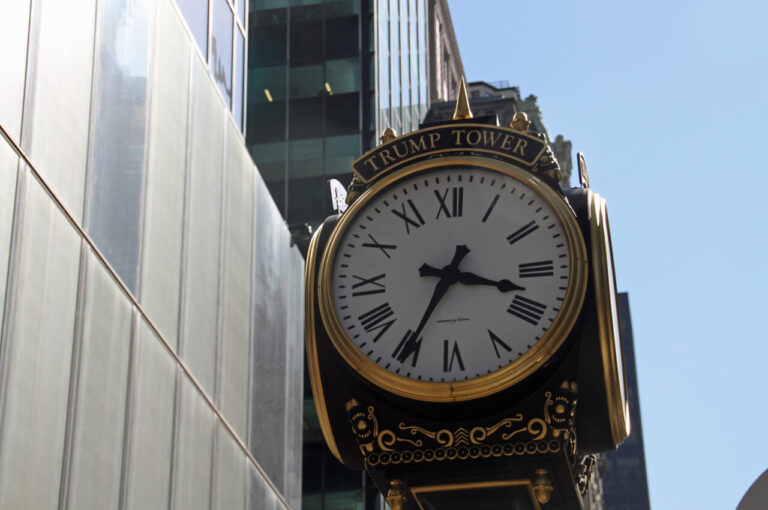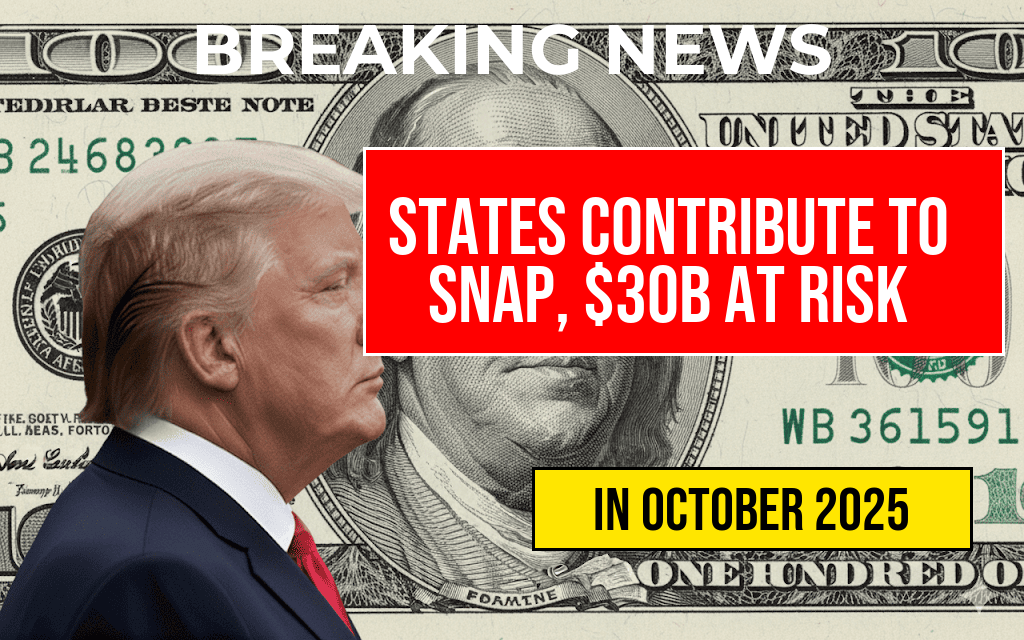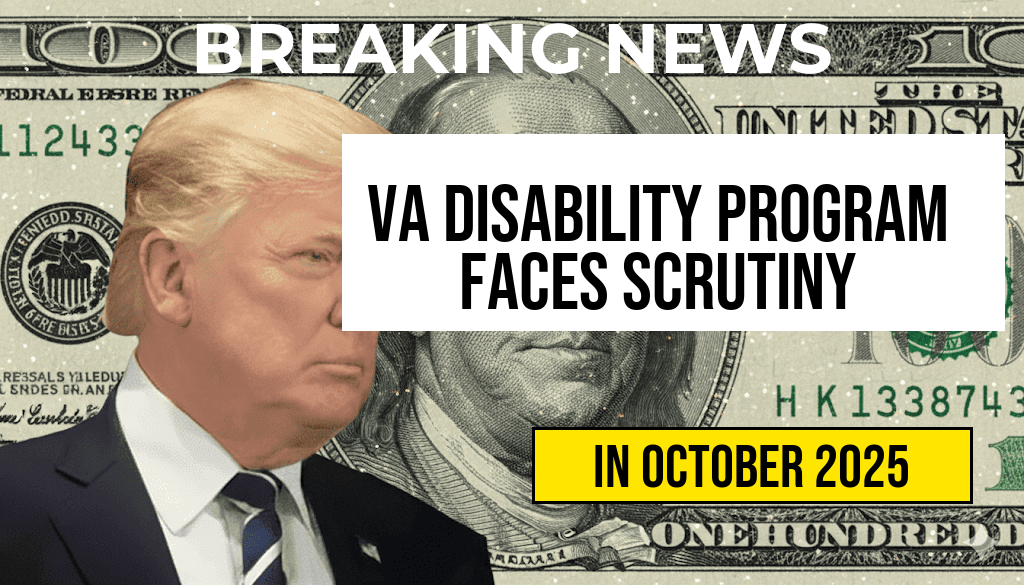The District of Columbia is grappling with a significant budget deficit of approximately $1 billion, prompting city officials to explore various solutions to bridge the gap. One of the most contentious proposals on the table is the reversal of the current tip credit system, which allows employers to pay tipped workers a lower minimum wage, provided that tips make up the difference. Advocates argue that eliminating this credit could provide a more stable income for workers, while critics warn it may harm the hospitality industry and lead to job losses. This unfolding debate is particularly relevant as the current base wage for tipped employees stands at $10, significantly lower than the standard minimum wage of $16.10. As the city council prepares to discuss this issue, the implications for both workers and businesses remain a focal point of concern.
Understanding the Tip Credit System
The tip credit system has been a point of contention in labor discussions across the U.S., especially in service-oriented sectors such as restaurants and bars. Under the current framework in D.C., employers can pay tipped employees a base wage of $10, with the expectation that tips will augment their earnings to meet or exceed the minimum wage. This system is designed to provide flexibility for employers while incentivizing service excellence among employees.
Arguments For and Against the Reversal
- Supporters of Reversal: Proponents argue that eliminating the tip credit would ensure a consistent income for workers who often depend on tips, which can fluctuate based on various factors such as seasonality and customer generosity.
- Opponents of Reversal: Critics contend that removing the tip credit could lead to higher menu prices, reduced customer satisfaction, and ultimately, job losses within the hospitality sector as businesses struggle to adjust to increased labor costs.
Potential Economic Impact
The proposed reversal could have far-reaching economic implications for the District. Many restaurants and bars operate on thin profit margins, and a significant increase in labor costs may force some establishments to reconsider their staffing levels or even shut down. According to a report by the National Restaurant Association, nearly 50% of restaurant owners indicated that they would have to reduce staff hours or increase menu prices if the tip credit were eliminated.
Effects on Workers
For tipped workers, the potential changes raise questions about job security and income stability. While a guaranteed wage might seem advantageous, the hospitality industry’s reliance on tips can make earnings highly variable. Many employees feel that tips are a critical component of their overall compensation, and changes to the system could lead to uncertainty in their take-home pay.
Legislative Landscape and Next Steps
As the D.C. Council prepares to deliberate the proposed changes, various stakeholders are voicing their opinions. Public hearings are scheduled to gather input from both workers and business owners. The council’s decision will be influenced by the testimonies and data presented during these discussions, as well as by the looming budgetary crisis that necessitates immediate action.
Comparative Wage Structures
To better understand the implications of the proposed reversal, it is essential to compare D.C.’s wage structure with other states that have already eliminated the tip credit. Below is a brief overview of states with similar legislative frameworks:
| State | Minimum Wage | Tipped Minimum Wage | Tip Credit |
|---|---|---|---|
| California | $15.50 | $15.50 | No tip credit |
| Washington | $15.74 | $15.74 | No tip credit |
| New York | $15.00 | $10.00 | $5.00 tip credit |
Conclusion
The discussion surrounding the potential reversal of the tip credit in D.C. is emblematic of broader national conversations about wage equity, labor rights, and the sustainability of businesses within the service industry. As the city council navigates these complex issues, the outcomes of this debate will not only affect the budget but also the livelihoods of thousands of workers and the economic landscape of the District as a whole. Stakeholders are encouraged to engage in the ongoing discussions, as the implications of these decisions will be felt for years to come.
For more information on the D.C. budget and labor law changes, visit Forbes and Wikipedia.
Frequently Asked Questions
What is the current budget gap faced by Washington, D.C.?
The current budget gap faced by Washington, D.C. is $1 billion, which has prompted discussions on various solutions to address this financial shortfall.
What is the proposed solution to the budget gap?
The proposed solution to the budget gap is a tip-credit reversal, which would change the way tips are handled in relation to the minimum wage for workers in the service industry.
How does the tip-credit reversal affect the base pay for tipped workers?
The tip-credit reversal would potentially increase the base pay for tipped workers from the current rate of $10, ensuring that they receive a higher guaranteed wage regardless of their tips.
What are the implications of changing the tipped base pay?
Changing the tipped base pay could have significant implications for both workers and employers, including increased labor costs for businesses and potentially higher wages for employees who rely on tips.
How is the community responding to the proposed changes?
The community response to the proposed changes is mixed, with some supporting the tip-credit reversal as a necessary move for worker equity, while others express concerns about the potential financial burden on local businesses.













